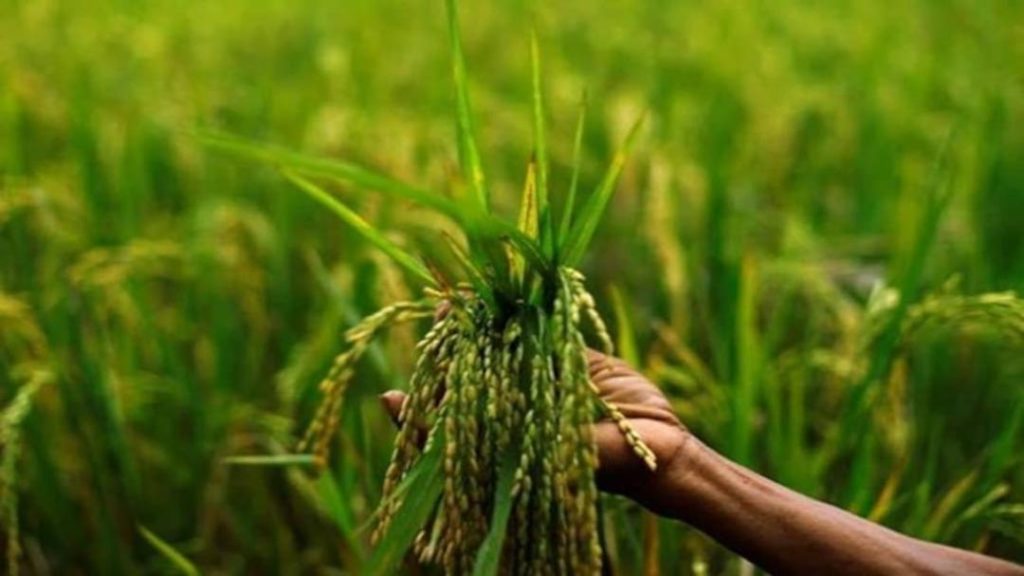
India Cutting Chenab’s Supply Will Increase Water Shortage & Impact Crops, Accepts Pakistan
The Indus Waters Treaty, a 60-year-old agreement between India and Pakistan, has been suspended by India, which has raised concerns about the potential impact on Pakistan’s water supply and agricultural sector. In a recent statement, Pakistan’s Indus River System Authority (IRSA) accepted that India cutting the Chenab river’s flow would indeed increase water shortages across the country. The move is expected to significantly impact kharif crops, which are already facing a shortage for the remaining early kharif season.
According to IRSA, the water shortage in the late kharif season is estimated to be around 7%, while the early kharif season is expected to face a shortage of around 21%. The Indus Waters Treaty, signed in 1960, allows India to use the water of the eastern rivers – Sutlej, Beas, and Ravi – for non-agricultural purposes, while Pakistan is allowed to use the water of the western rivers – Indus, Chenab, and Jhelum – for agricultural purposes.
The suspension of the treaty by India has raised concerns about the country’s intentions and the potential impact on Pakistan’s water resources. Pakistan has been protesting India’s move, claiming that it is a violation of the treaty and would cause irreparable harm to the country’s agricultural sector.
The IRSA statement comes as the country is already facing a water shortage due to a combination of factors, including low rainfall, mismanagement of water resources, and the growing demand for water. The agricultural sector, which is the backbone of Pakistan’s economy, is particularly vulnerable to water shortages, as it requires a significant amount of water for irrigation.
The impact of the water shortage on kharif crops is expected to be severe, as the crops are already facing a shortage. The crops, which are typically planted in the summer months, require a significant amount of water for irrigation. The shortage of water is expected to lead to a significant reduction in crop yields, which would have a cascading effect on the agricultural sector.
The IRSA statement comes as a warning to Pakistan’s agricultural sector, which is already facing a number of challenges, including low prices for crops, high production costs, and the impact of climate change. The country’s agricultural sector is responsible for around 20% of the country’s GDP and employs around 40% of the workforce.
The suspension of the Indus Waters Treaty is also expected to have a significant impact on Pakistan’s relations with India. The treaty has been a key component of the two countries’ relationship, and its suspension is seen as a major setback for Pakistan-India relations.
In a statement, IRSA said, “The reduction in the flow of Chenab river’s water will increase water shortages across the country, which will have a severe impact on kharif crops. The water shortage in late kharif season is estimated to be around 7%, while the early kharif season is expected to face a shortage of around 21%.”
The statement also urged India to respect the Indus Waters Treaty and to refrain from taking any actions that would harm Pakistan’s water resources. Pakistan has been protesting India’s move, claiming that it is a violation of the treaty and would cause irreparable harm to the country’s agricultural sector.
The dispute over the Indus Waters Treaty is just the latest in a long series of disputes between India and Pakistan over water resources. The two countries have been engaged in a number of disputes over water, including the construction of dams and the diversion of rivers.
The Indus Waters Treaty was signed in 1960, and it is considered one of the most important treaties between the two countries. The treaty was designed to ensure that the two countries shared the water resources of the Indus river basin in a fair and equitable manner. However, the treaty has been under strain in recent years, as the two countries have been engaged in a number of disputes over water resources.
Pakistan has been seeking to renegotiate the treaty, claiming that it is unfair and does not take into account the country’s growing demand for water. India has been resisting the move, claiming that the treaty is a binding international agreement and that it cannot be renegotiated.
The dispute over the Indus Waters Treaty is just the latest in a long series of disputes between India and Pakistan over water resources. The two countries have been engaged in a number of disputes over water, including the construction of dams and the diversion of rivers.
In conclusion, the suspension of the Indus Waters Treaty by India is expected to have a significant impact on Pakistan’s water supply and agricultural sector. The move is expected to increase water shortages across the country, which will have a severe impact on kharif crops. The IRSA statement is a warning to Pakistan’s agricultural sector, which is already facing a number of challenges, including low prices for crops, high production costs, and the impact of climate change.






